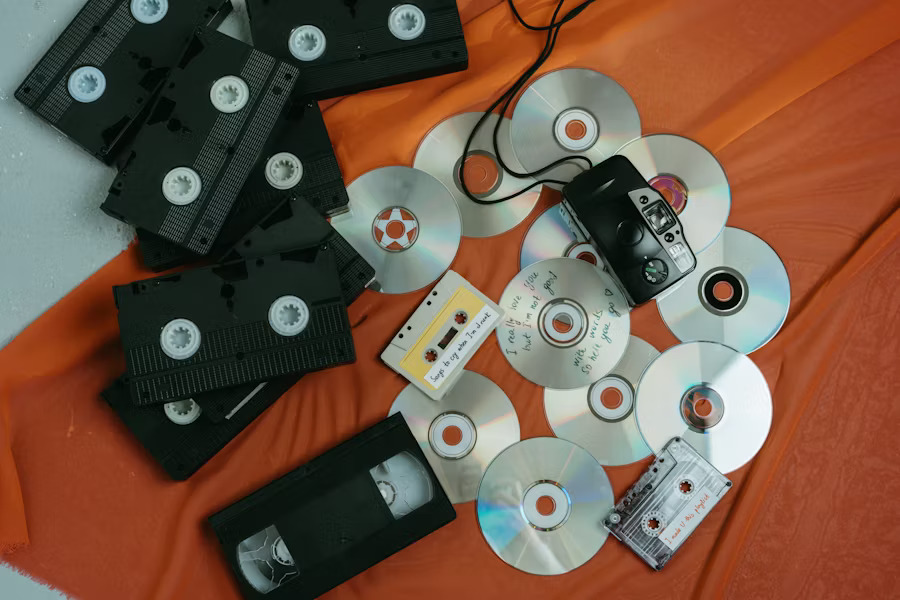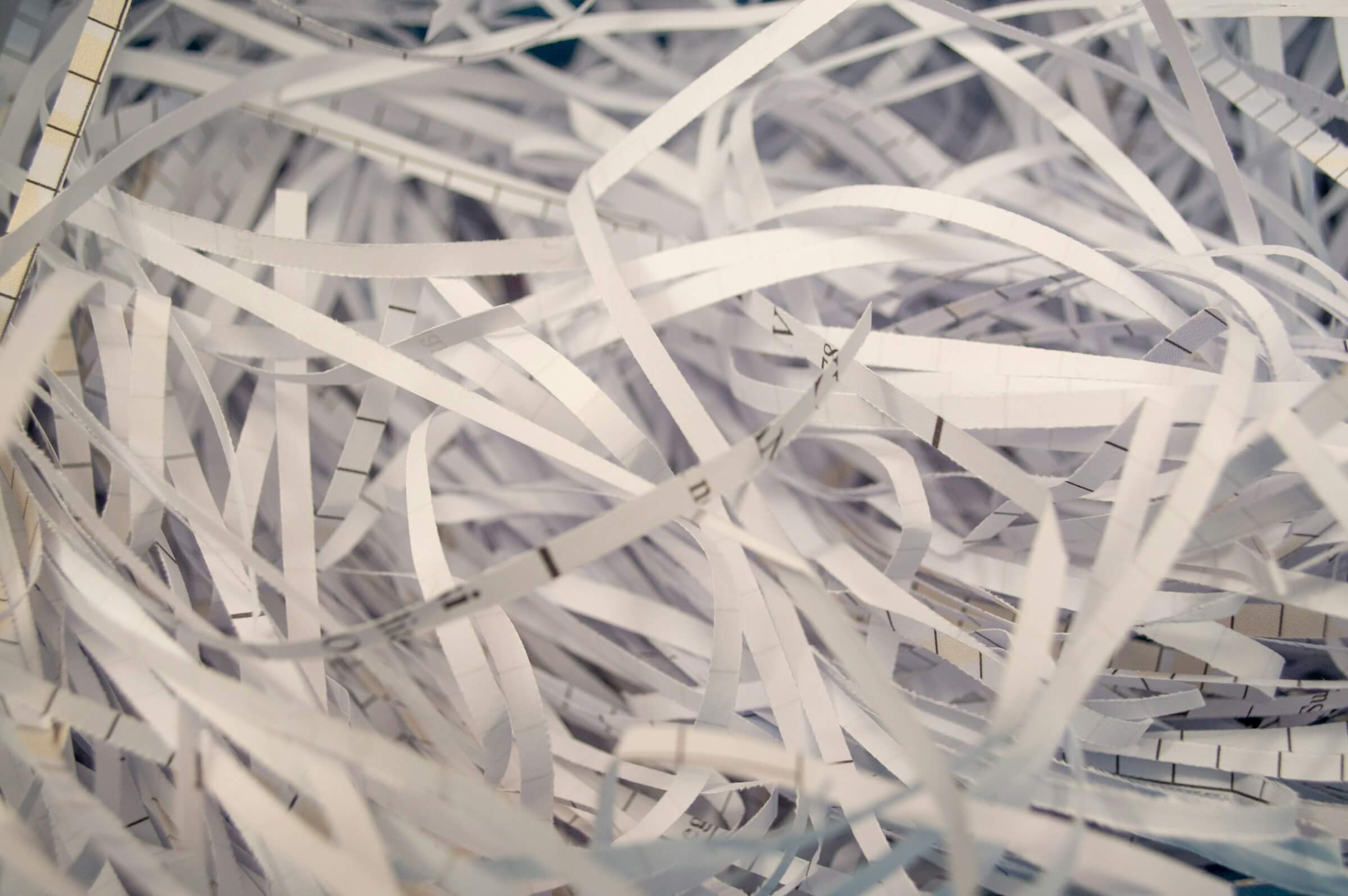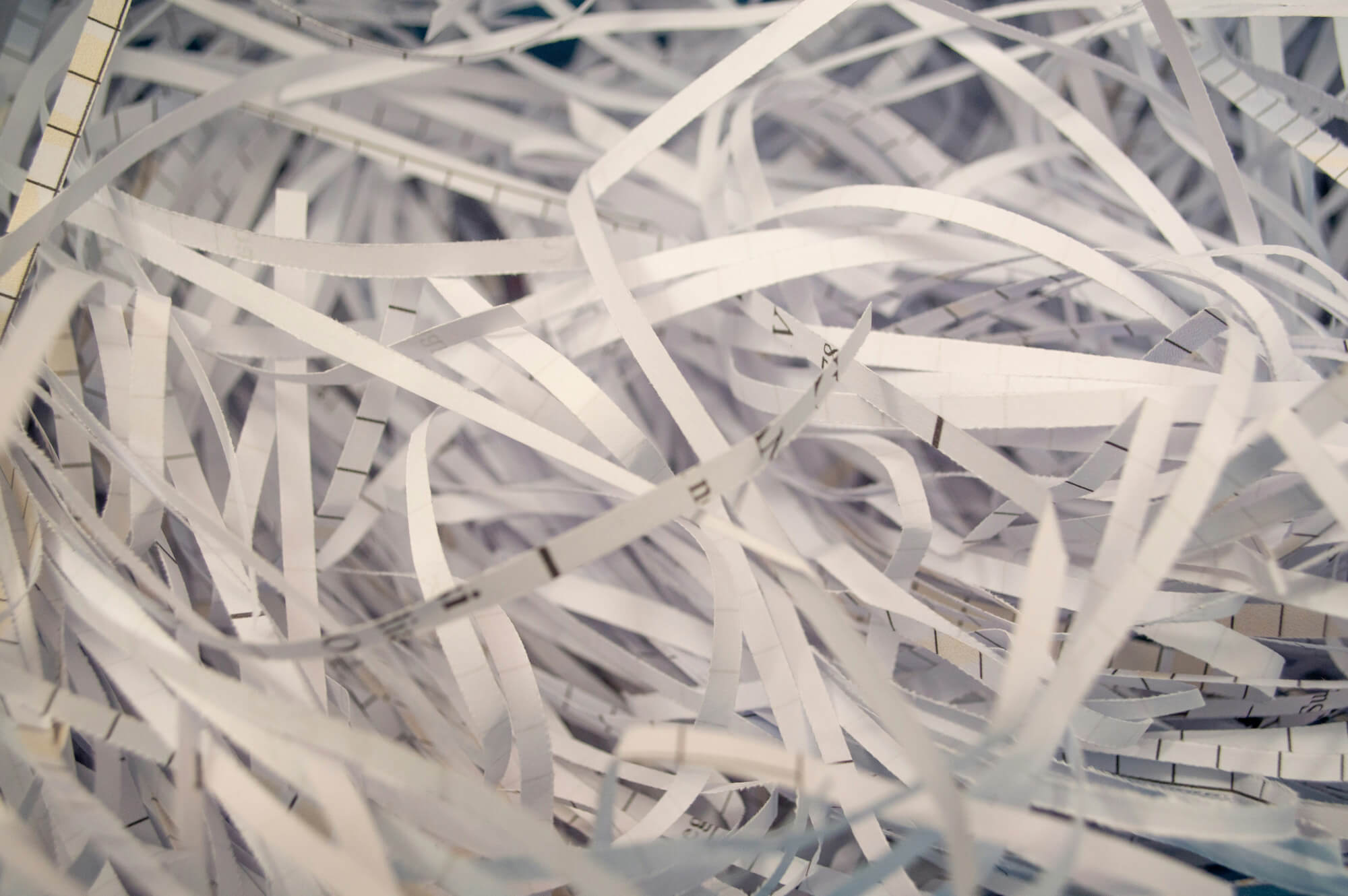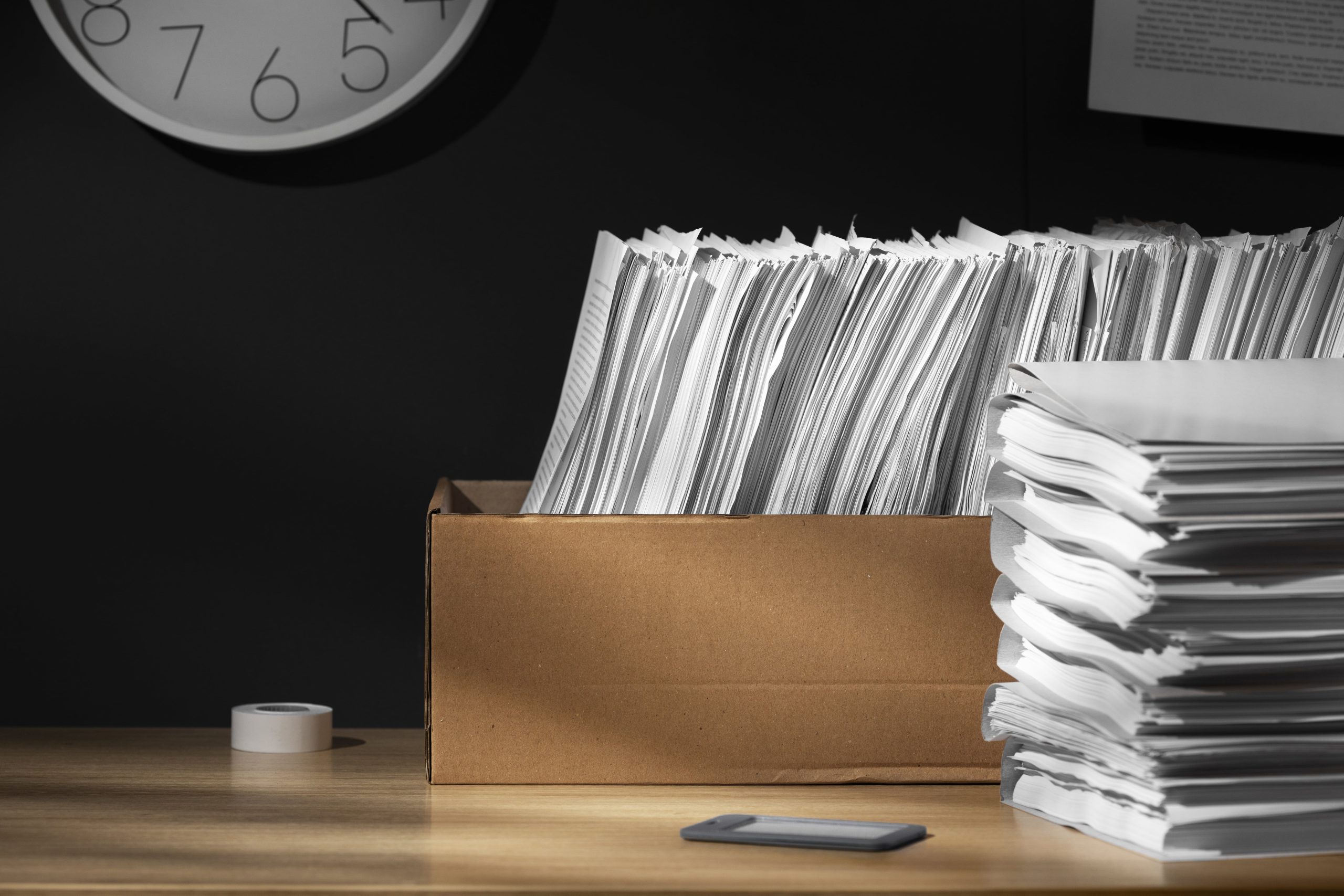Via Unsplash
Disposing of Hard Drives, USBs, and Other Media
For decades, “shredding” meant slicing paper into thin ribbons. But in today’s digital world, information doesn’t just live on paper—it lives on devices. Hard drives, USB sticks, CDs, DVDs, and even backup tapes carry staggering amounts of sensitive data. And yet, many people still assume that deleting a file or formatting a drive is enough to erase it.
It isn’t.
When it comes to data protection, physical destruction is the only way to be sure. Secure media shredding ensures that no one can ever retrieve confidential data again—protecting individuals, businesses, and reputations from devastating breaches.
Why Deleting or Formatting Is Not Enough
Most people believe that dragging files to the “recycle bin” or performing a quick format removes them permanently. In reality, those actions only make data invisible to the operating system. The information remains physically present on the storage medium until it is overwritten—something that rarely happens completely.
With the right software, deleted data can be recovered in minutes. Even a formatted hard drive can reveal old documents, photos, financial records, and login credentials. For businesses, that means customer information, HR files, or trade secrets might still be accessible to anyone who gets hold of the discarded device. That’s why proper secure data disposal is essential—it eliminates the data and the medium that holds it.
The Hidden Risks of Improper Disposal
Improper disposal of digital media can expose organisations to serious risks. Data breaches, identity theft, and corporate espionage are just the beginning. In many cases, the fallout is legal and financial.
Under UK data protection laws, including the Data Protection Act 2018 and the UK GDPR, businesses are legally obliged to handle personal data responsibly—even when it’s being destroyed. Failing to securely dispose of digital storage devices can result in hefty fines and reputational damage that no amount of PR can fix.
Even individuals are at risk. Old laptops, mobile phones, and external drives can reveal personal photos, bank details, and passwords long after they’re “wiped.” Once that information is leaked, there’s no turning back.
What Needs Secure Disposal
It’s easy to overlook just how many devices store sensitive data. A single office or household can have dozens of items that quietly collect information over time. Here’s what requires secure disposal:
Hard Drives – Found in desktop computers, laptops, and servers, they store everything from emails to company financials.
USB Sticks and External Drives – Convenient but risky, these portable devices often contain critical files carried between networks.
CDs and DVDs – Though less common today, they still contain backups, reports, and client data.
Backup Tapes – Used for long-term storage by many businesses; they require specialist handling to be destroyed safely.
Memory Cards – From cameras to industrial devices, they can contain sensitive footage or data logs.
Each medium demands a method of destruction that renders it completely unreadable—and that’s where professional media shredding comes in.
How Professional Media Destruction Works
Secure media destruction is more than smashing a device with a hammer. Professional services use industrial-grade methods to guarantee that data is unrecoverable—no matter how advanced the recovery tools may be.
1. Media Shredding
This is the gold standard for complete data eradication. Devices are shredded into tiny fragments by powerful machines, ensuring that platters, chips, and magnetic layers are irreversibly destroyed. Media shredding is suitable for hard drives, USBs, CDs, and backup tapes alike.
2. Crushing
For devices with robust casings, mechanical crushing is highly effective. The machine applies extreme pressure to the drive, bending and breaking the internal components so that no data can be accessed. This method is fast, safe, and fully compliant with UK data destruction standards.
3. Degaussing
Degaussing uses a powerful magnetic field to disrupt the magnetic domains on a hard drive’s platters or a tape’s surface. This permanently erases stored data without physical destruction, although the device itself is rendered useless afterwards. Degaussing is particularly effective for large-scale server drives and magnetic backup media.
These methods meet or exceed the standards set by the Information Commissioner’s Office (ICO) and BS EN 15713, the British Standard for secure destruction of confidential material.
Why Compliance Matters
Data protection isn’t just about security—it’s about compliance. The UK GDPR mandates that data controllers and processors must ensure secure destruction of personal data once it’s no longer needed. For organisations, this means maintaining an auditable record of every destruction event.
Professional shredding companies, like Britannia Lanes Shredding, issue a Certificate of Destruction after every job. This certificate is a legally recognised document confirming that data-bearing media have been destroyed in line with data protection regulations. It provides peace of mind and proof of compliance—vital during audits or regulatory inspections.
Non-compliance can result in severe consequences. The Information Commissioner’s Office (ICO) can issue fines reaching millions of pounds for data mishandling. Beyond the financial impact, customers lose trust quickly when their information is compromised.
The Environmental Responsibility of Secure Disposal
Destroying media doesn’t mean abandoning environmental responsibility. Professional hard drive disposal and USB destruction services separate materials for recycling after the destruction process. Metals, plastics, and circuit board materials are processed through certified recycling channels to minimise environmental impact.
By partnering with a responsible shredding service, you can ensure that both data security and sustainability are maintained—two principles that increasingly go hand-in-hand in modern business.
Why Businesses Choose Professional Services
Outsourcing digital media destruction to a certified shredding provider is the safest, most efficient route. Attempting to destroy hard drives or USBs in-house often leads to incomplete destruction and potential safety risks.
Moreover, destruction can often be carried out on-site for maximum transparency, allowing clients to witness the shredding process firsthand.
Britannia Lanes Shredding: Secure and Compliant Media Disposal
At Britannia Lanes Shredding, data security doesn’t stop with paper. Our secure media shredding service covers hard drive disposal, USB destruction, CDs, DVDs, and all other digital storage devices.
Each item is handled with the same rigorous standards we apply to confidential document destruction:
- Secure chain of custody from collection to destruction
- Destruction methods that meet or exceed UK and EU compliance standards
- Environmentally responsible recycling of destroyed materials
- Certificates of Destruction for full audit trail and compliance documentation
Our facilities are equipped with advanced shredding machinery capable of reducing hard drives and media to minuscule fragments—making data recovery physically impossible. Whether you’re an individual protecting personal information or a business safeguarding client data, Britannia Lanes Shredding provides a compliant, confidential, and sustainable solution for secure data disposal.
Final Thought
In a world where a single USB stick can hold more data than an entire filing cabinet, digital security starts with responsible disposal. Deleting files simply isn’t enough anymore. True protection lies in physical destruction, verified compliance, and trusted professionals who understand the weight of the data they handle. Britannia Lanes Shredding takes that responsibility seriously—ensuring your digital past can never come back to haunt you.




